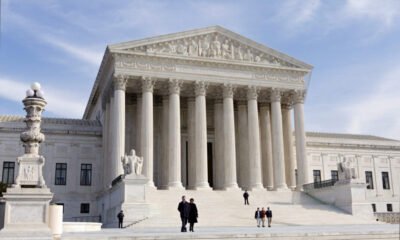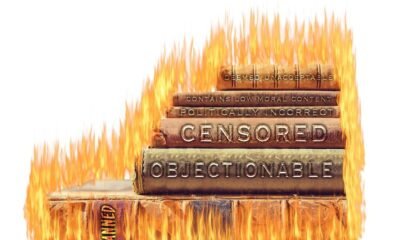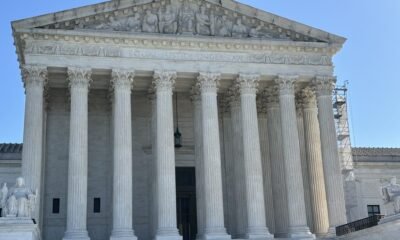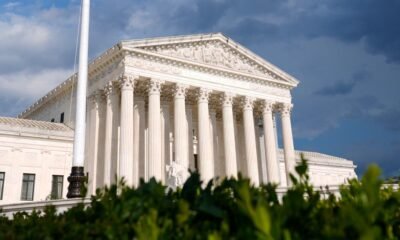Business
TikTok Urges Supreme Court to Halt Potential Government Ban

In a significant legal development, TikTok has filed an emergency appeal with the Supreme Court, contesting a bipartisan ban on the platform under the Protecting Americans from Foreign Adversary Controlled Applications Act. The application challenges the validity of the law on First Amendment grounds, claiming that a lower court’s ruling threatens free speech.
This appeal follows the D.C. Circuit’s refusal to grant an injunction. TikTok argues that the law, which the company describes as having flawed legal foundations, poses a broader danger to free expression in the United States. “Fear-mongering about national security cannot obscure the threat that the Act itself poses to all Americans,” the company stated in its emergency application.
Legal experts remain skeptical, suggesting that the Supreme Court’s willingness to hear the case is uncertain. “While free speech and the popularity of TikTok may support a hearing, the Court often opts not to take cases like this,” noted Daniel Solove, a professor specializing in intellectual property and technology law at George Washington University.
The Act, passed in April as part of a foreign aid package, mandates that any application linked to nations considered U.S. adversaries must sever ties with its parent company to avoid penalties. Legislators cited concerns surrounding TikTok’s ownership by ByteDance, a company linked to the Chinese government.
Wayne Unger, an assistant professor at Quinnipiac University, pointed out that past Supreme Court decisions have restricted congressional power when lawmakers overstep their boundaries. However, he advised that national security implications could sway the justices in favor of upholding the law. “Congress took the time to investigate and pass this bill in a bipartisan fashion, which may lead the Court to defer to Congressional authority regarding national security,” he explained.
Last term, the Court affirmed that social media platforms have First Amendment rights akin to their users. TikTok contends that the law violates its rights by effectively preventing the dissemination of user-generated content. Nevertheless, this freedom is not absolute. Government interests, particularly national security, may justify restrictions on free speech.
If the Supreme Court decides to review the ban, it will likely apply strict scrutiny, the highest standard of judicial review. While the justices may acknowledge the government’s national security concerns, the law must directly address those issues to withstand legal challenges.
A significant factor in the unfolding drama is the limited public knowledge surrounding the app’s national security risks. Lawmakers have referenced classified intelligence in their decisions, which has not been made transparent. This lack of transparency could hinder judicial scrutiny, as noted by Solove, who emphasized the importance of rigorous examination when national security is claimed. “Courts should not defer without adequate justification,” he asserted.
Recent espionage allegations involving the Chinese government further complicate the situation. The Salt Typhoon hack reportedly exposed private communications of Americans, reinforcing government concerns. However, the potential impact on the ongoing legal proceedings remains unclear, especially as the Trump administration might re-enter the fray if he regains power.
Former President Trump has previously supported a ban on TikTok, yet his most recent comments suggest a willingness to keep the platform alive, particularly for his 2024 campaign. “Trump is unpredictable,” said Solove. “His next moves could significantly influence how the legal situation unfolds.” Any Supreme Court deliberation will likely occur during a time of political transition, adding another layer of complexity.
Both Biden and Trump retain the authority to pause the divestment deadline for ByteDance. Trump could potentially leverage this situation to negotiate a beneficial resolution for both parties. Experts suggest that an agreement involving U.S.-based ownership might emerge as a solution.
In its emergency appeal, TikTok has urged the Supreme Court to act swiftly, as the platform requires preparation time to comply with any imminent shutdown orders. If the Court opts to treat the appeal as a petition for certiorari, a review on substantive grounds could ensue before significant legal deadlines.

















